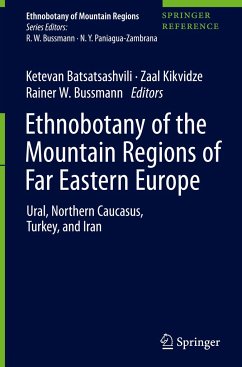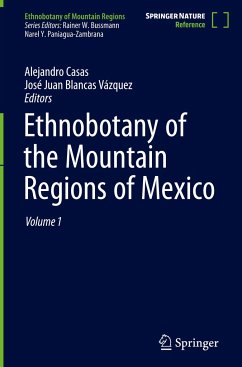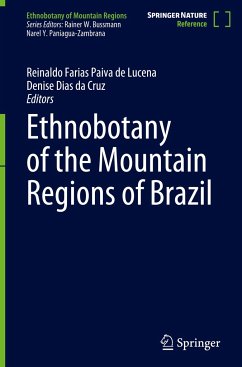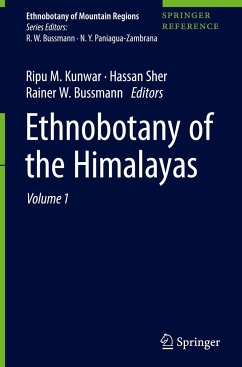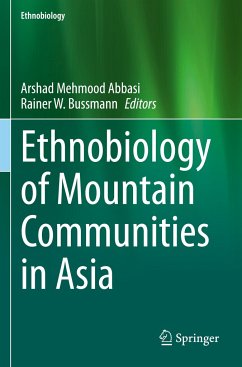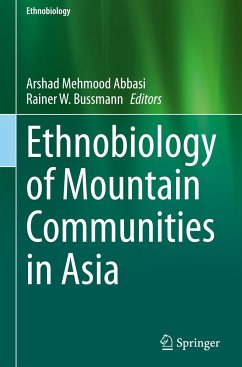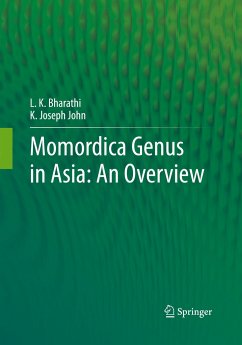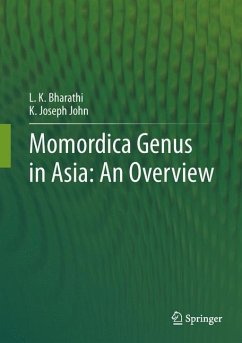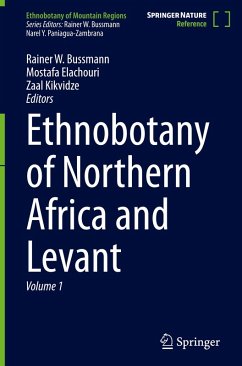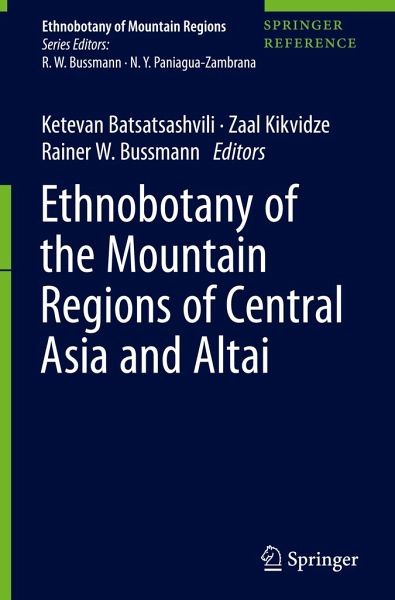
Ethnobotany of the Mountain Regions of Central Asia and Altai
Versandkostenfrei!
Versandfertig in 6-10 Tagen
228,99 €
inkl. MwSt.

PAYBACK Punkte
114 °P sammeln!
Research in recent years has increasingly shifted away from purely academic research, and into applied aspects of the discipline, including climate change research, conservation, and sustainable development. It has by now widely been recognized that "traditional" knowledge is always in flux and adapting to a quickly changing environment. Trends of globalization, especially the globalization of plant markets, have greatly influenced how plant resources are managed nowadays. While ethnobotanical studies are now available from many regions of the world, no comprehensive encyclopedic series focusi...
Research in recent years has increasingly shifted away from purely academic research, and into applied aspects of the discipline, including climate change research, conservation, and sustainable development. It has by now widely been recognized that "traditional" knowledge is always in flux and adapting to a quickly changing environment. Trends of globalization, especially the globalization of plant markets, have greatly influenced how plant resources are managed nowadays. While ethnobotanical studies are now available from many regions of the world, no comprehensive encyclopedic series focusing on the worlds mountain regions is available in the market. Scholars in plant sciences worldwide will be interested in this dynamic content.
The field (and thus the market) of ethnobotany and ethnopharmacology has grown considerably in recent years. Student interest is on the rise, attendance at professional conferences has grown steadily, and the number of professionalscalling themselves ethnobotanists has increased significantly. Various societies of such professionals include the Society for Economic Botany, the International Society of Ethnopharmacology, the Society of Ethnobiology, the International Society for Ethnobiology, and many regional and national societies in the field that currently have thousands of members. Growth has been most robust in BRIC countries.
This new MRW on Ethnobotany of Mountain Regions covers the best and latest research and scholarship in the field of mountain research. It offers a full range of descriptive, methodological, theoretical, and applied research on the most important plants for each region. Each contribution was examined with scientific rigor and contributes to the overall field of study.
The field (and thus the market) of ethnobotany and ethnopharmacology has grown considerably in recent years. Student interest is on the rise, attendance at professional conferences has grown steadily, and the number of professionalscalling themselves ethnobotanists has increased significantly. Various societies of such professionals include the Society for Economic Botany, the International Society of Ethnopharmacology, the Society of Ethnobiology, the International Society for Ethnobiology, and many regional and national societies in the field that currently have thousands of members. Growth has been most robust in BRIC countries.
This new MRW on Ethnobotany of Mountain Regions covers the best and latest research and scholarship in the field of mountain research. It offers a full range of descriptive, methodological, theoretical, and applied research on the most important plants for each region. Each contribution was examined with scientific rigor and contributes to the overall field of study.



